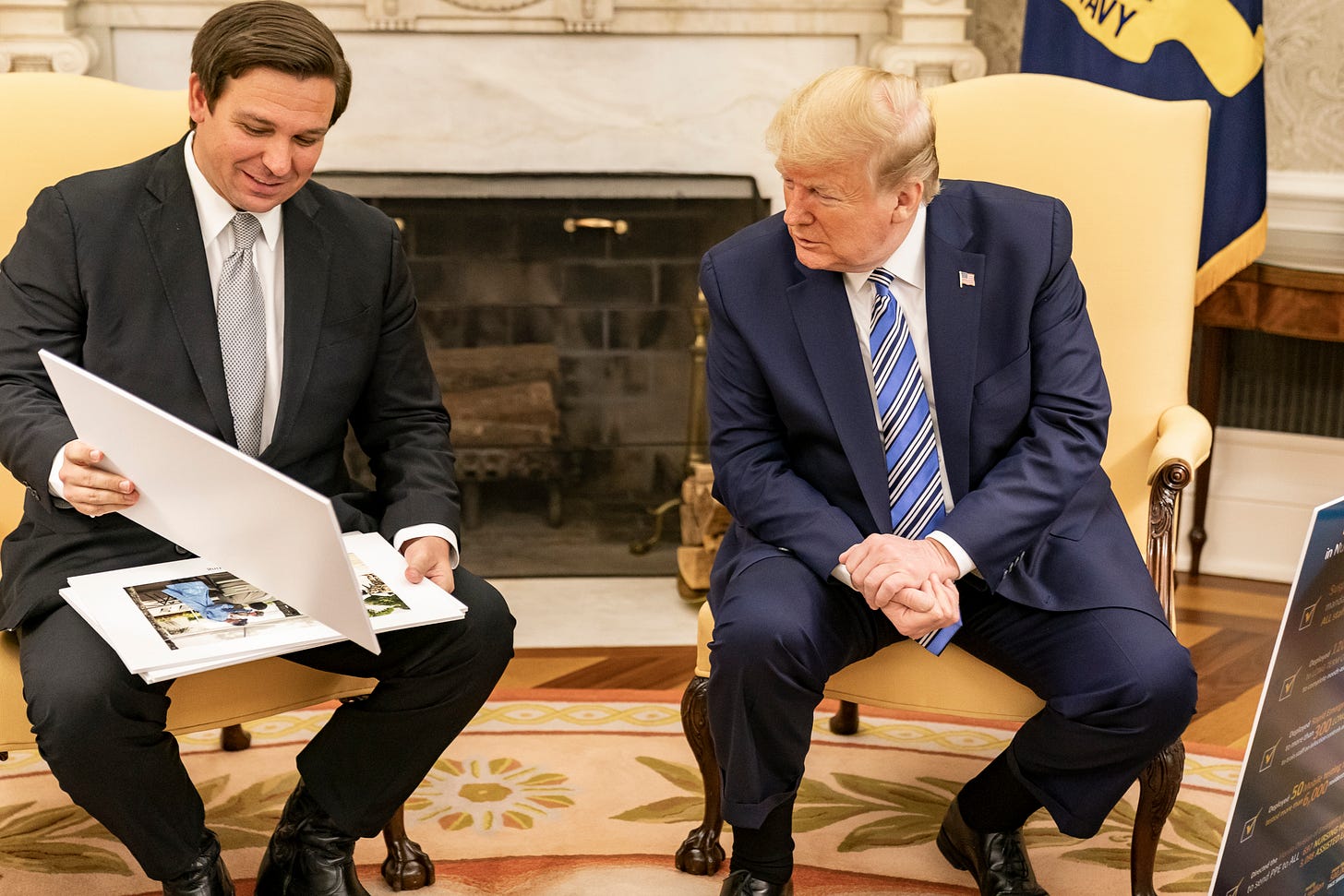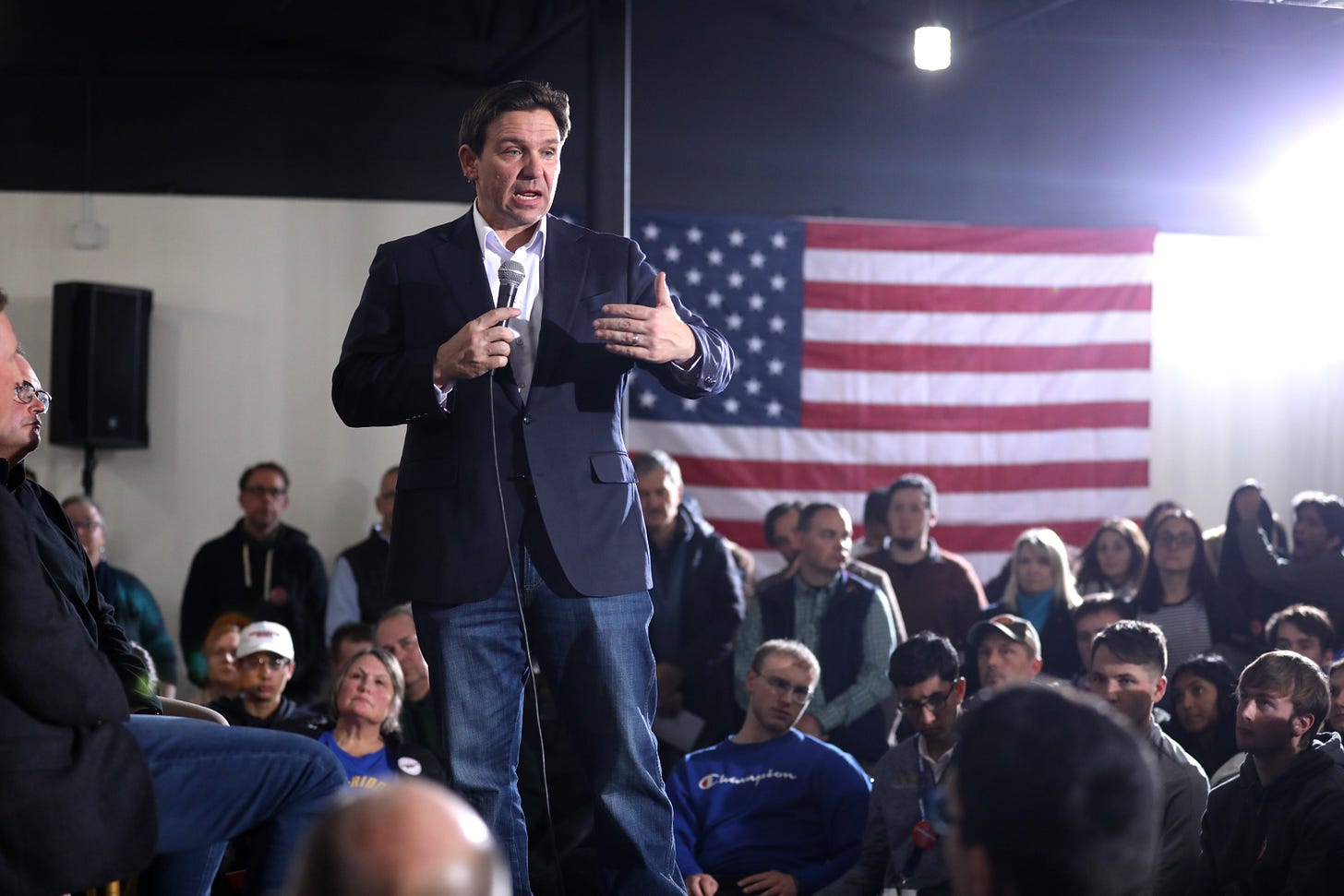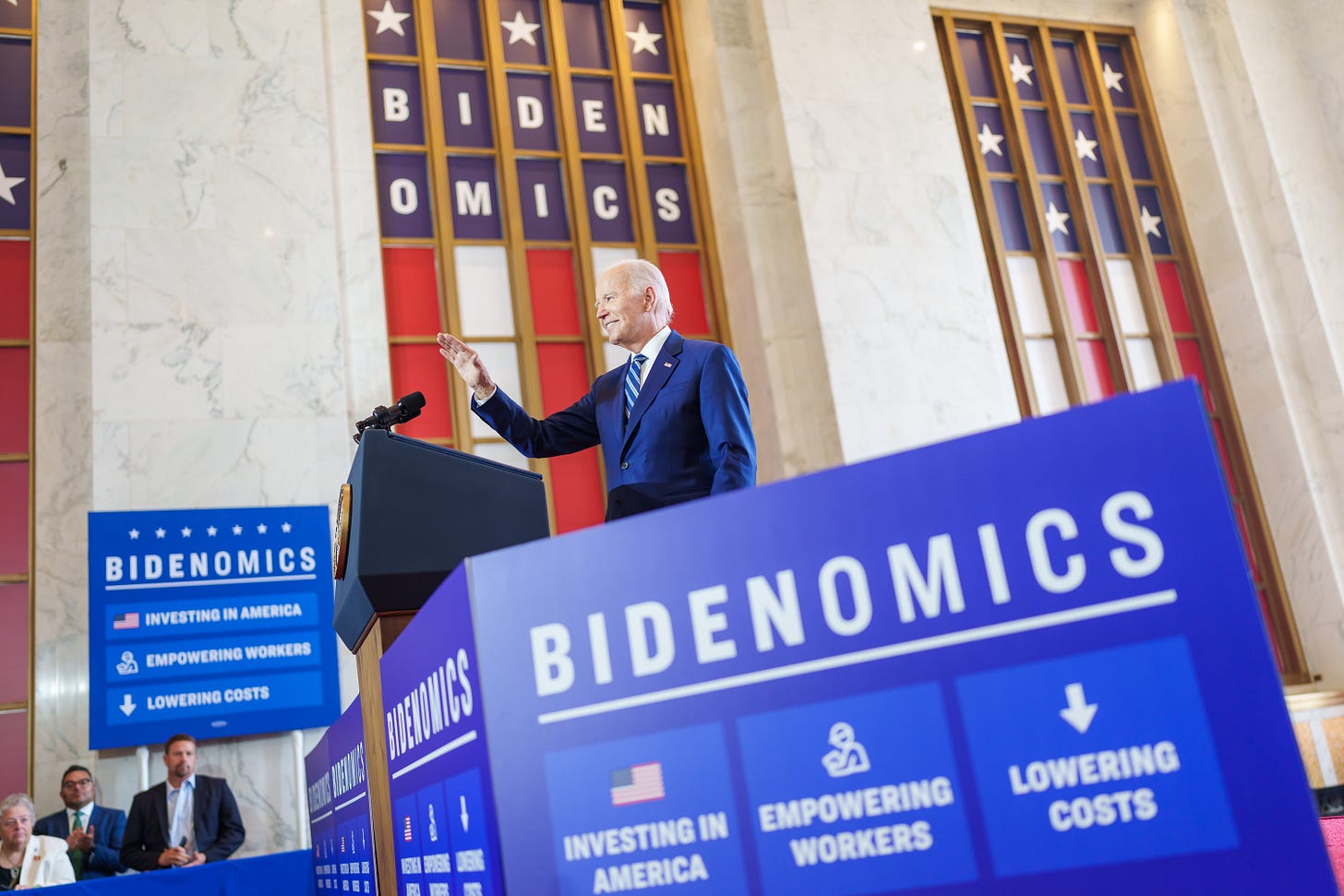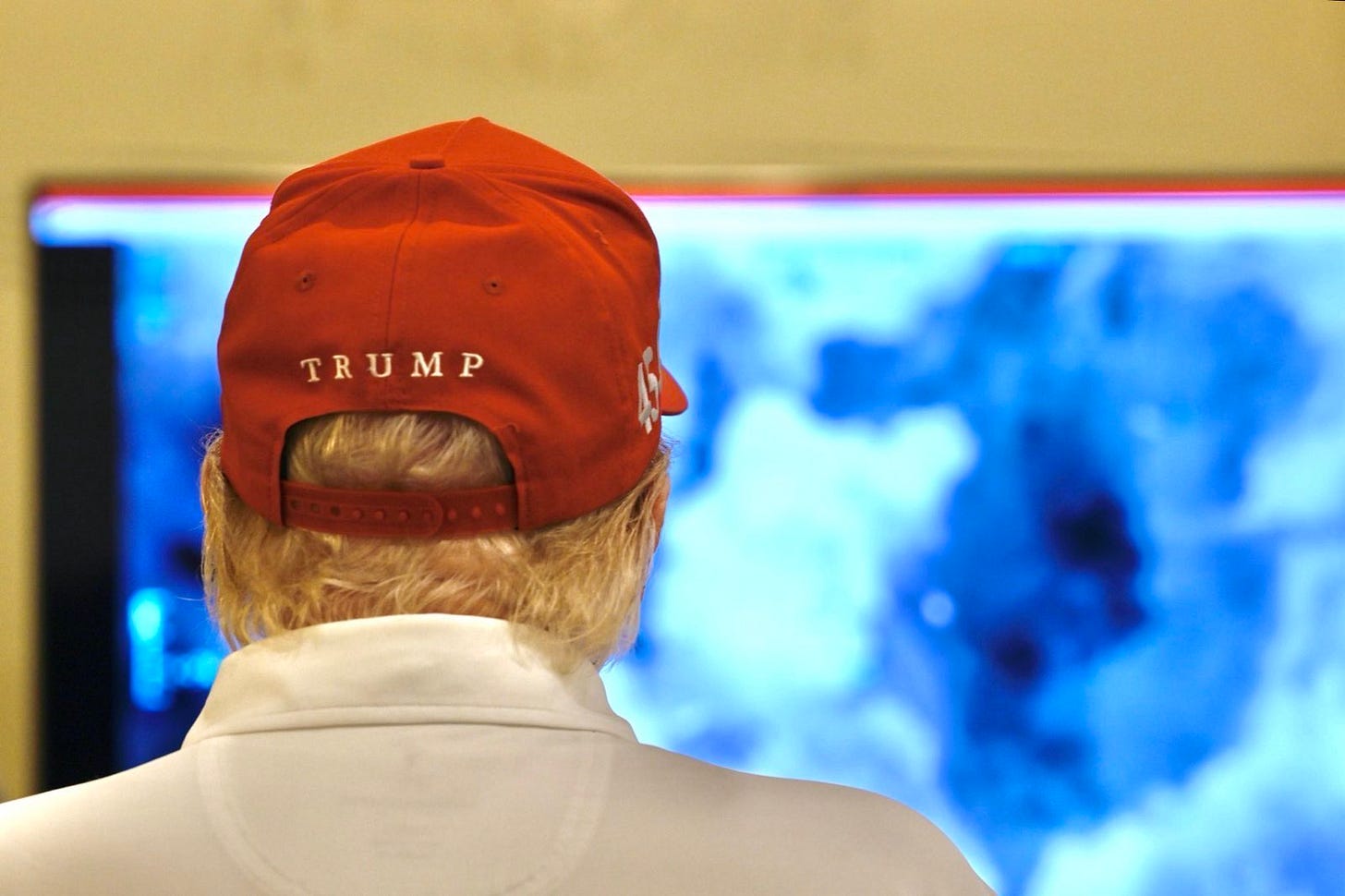
In January 2022, I started a petition against draconian vaccine mandates at the University of Pennsylvania. While initially a modest call for the University to drop its booster shot mandate, the petition eventually resulted in the formation of the Penn Anti-Coercion Coalition (PACC), a group which I founded and led to demand an end to all covid vaccine mandates at the University.
Many people I speak with these days who were previously gung ho about the vaccines have radically changed their tune. They often express retrospective concern about the paucity of safety and efficacy data prior to mass covid vaccination rollout. Given this change in opinion, it’s easy to forget that taking an anti-mandate position was highly stigmatized on elite university campuses over three years ago.
At that time, the majority of people I spoke with about PACC and the petition were supportive, but said they wouldn’t take a public stance on the issue for fear of administrative retaliation or social ostracization. Given the stifling speech climate on campus, even some vaccine-injured students I spoke with were terrified to associate their names with anything connected to anti-mandate activities. Fortunately, PACC was able to assemble a core group of campus activists who were willing to go public with their position on the mandates.
PACC was, to my knowledge, unique within the national campus anti-mandate movement due to that fact that it was comprised of a nearly equal balance of “left-wing” and “right-wing” members. This made meeting facilitation a consistent challenge; I had to mediate between a range of radically different ideologies in order for us to build unity around a common cause and platform. These conversations were painstaking but also deeply rewarding. PACC was the one of the only spaces where students, faculty, and staff from across the proverbial political spectrum could engage in dialogue with one another in a truly democratic way during this polarizing political moment.
While discussion was focused principally on covid-related issues, our conversations inevitably spilled over into other “culture war” topics of the day. This is where Ron DeSantis comes in. One PACC member (let’s call him Mateo) from Miami was a staunch supporter of DeSantis, the Florida Governor who had been thrust into the national limelight after he flouted America’s bien pensants on covid policy.
Though the DeSantis brand was built on the back of resistance to the covid regime, it quickly became apparent from Mateo’s ancillary comments that the Governor’s burgeoning movement had a broader and more ambitious political program in the works. Mateo’s consistent efforts to attack “woke” politics of all kinds during our meetings—often in conjunction with praise for DeSantis—felt like a distraction from the group’s mission to end covid vaccine mandates on campus. While he wasn’t actively hostile to our broad coalition, the timbre of his comments suggested that Mateo was animated by an emergent ideological force in American politics informed by the Governor of his home state.
I didn’t realize its full significance at the time, but Mateo’s DeSantist political ideology would become increasingly influential in the coming years. Though DeSantis as an individual lost the Republican primary to Donald Trump, his ideology has won in the first months of the second Trump administration. Trumpism has been DeSantisified.
The Republican Primary: Ron DeSantis’ Pseudo-Trumpism
Over a year after his high-profile stance on covid policy, DeSantis signed a bill into Florida law which banned Diversity, Equity, and Inclusion (DEI) initiatives at public institutions of higher education. While figures like
and fashioned themselves as the intellectual leaders of the anti-woke movement in the United States, this bill cemented Ron DeSantis as its political figurehead.Riding high on the popularity of his heterodox covid governance, DeSantis channeled this energy into a broader war on “woke,” which was rendered an increasingly vague descriptor that could include anything from transgender activism to Palestine solidarity. While I was personally heartened by aspects of his pushback against the ideological consensus at institutions of higher education, I was opposed to DeSantis’ specific legislative actions due to their clear violation of the First Amendment.
Moreover, my experience working closely with Mateo in PACC had made me wary of DeSantis and his acolytes. They seemed more interested in “owning the libs” than putting forth any principled political vision. Even on covid, Mateo was more upset with mask mandates than vaccine mandates, for instance, which contradicted my own view. I didn’t think about it at the time, but in retrospect, the visuals of flouting mask mandates provide a much better political performance opportunity than prioritizing opposition to vaccine mandates. DeSantis and his supporters seemed more concerned with spectacle than substance.

The most publicized aspect of DeSantis’ culture-war crusade was his over-the-top confrontation with Disney in Florida. This made him appear “more-than-a-little-ridiculous” and was criticized as an “unnecessary…political STUNT!” by Donald Trump. However, unwavering support for the State of Israel and crackdowns on speech critical of this foreign country were also a central facet of the DeSantis brand strategy.
DeSantis banned Palestine solidarity groups on Florida college and university campuses just weeks after October 7, 2023. He claimed—without evidence—that campus groups “linked themselves with Hamas” and that the ban was “not cancel culture.” In the Republican primary, DeSantis was the Israel lobby’s chosen candidate over Donald Trump, who only garnered support after it was clear that DeSantis would lose. DeSantis took the extraordinary measure of arranging weapons shipments to Israel as the governor of Florida and led the charge in signing legislation against “antisemitism” and “hate crimes” as a part his broader effort to undermine speech critical of Israel.
Between his bombastic culture war campaigns and fanatical support for Israel, DeSantis represented a more subtle, but profound, change in the tenor of the 2020s American right following Donald Trump’s first term in office. After DeSantis’ failed Republican primary bid,
persuasively argued in a January 2024 column for Unherd that DeSantist politics could be described as “Pseudo-Trumpism.”Lind writes that “DeSantis’s Pseudo-Trumpism” was an attempt “to build bridges between…raucous MAGA newcomers and the remnants of the older Bush Republican party—at least those who had not already quit the party out of disgust with the populist parvenus who have crashed the country club.” He observes that “DeSantis sought to be ‘Trumpy’ on immigration and culture-war issues, while implicitly signaling to traditional Republicans that he would not be as heretical as Trump on economics and foreign policy.” DeSantis’ Pseudo-Trumpism, in other words, was an effort to pander to the Trumpian cultural zeitgeist of the populist right while appeasing the ruling class establishment by rejecting a substantive Trumpian post-neoliberal America First policy program.
Highlighting the distinction between Trumpism and Pseudo-Trumpism, Lind notes how Trump took DeSantis to task
for supporting cuts to the type of entitlement programmes cherished by national-populist voters when the Florida Governor was merely a conventional Republican representative in Congress. “People are finding out that Ron wanted to destroy Social Security and raise its minimum age to 70, and he fought very hard to do it,” Trump declared. “He also had very strong plans for cutting Medicare and still does.”
Lind concludes that
however incoherent Trump may sometimes be, he has tapped into a worldview with certain coherent public policy positions, whether they be on government entitlements, immigration or forever wars. Members of the declining Republican establishment who hope that they can revive their old Bush-era programme of benefits cuts and foreign adventures, while pacifying national populist voters with performative denunciations of wokeness, will be disappointed by DeSantis’s failure. If there’s a conclusion to be drawn from his rise and fall, it’s that Trump voters want the real thing, not a placebo.
The “real thing” defeated the “placebo” in the Republican primary. But what about the general election?
The 2024 General Election: Enter Trump 2.0
During the Republican primary, Trump had to define himself against DeSantis’ “Pseudo-Trumpism” as well as Nikki Hailey’s “Pre-Trumpism.” Indeed, it was Trump’s Trumpism (not as strident as its 2016 iteration, but still intact) that allowed him to easily rout his primary opponents without much of a fight.
However, in his general election battle against Joe Biden and, subsequently, Kamala Harris, Trump’s Trumpism started to give way to what many commentators began to call “Trump 2.0” or “Trumpism 2.0.” Trump was no longer an outsider. Central tenets of his economic populism, as I argued in “We Are All Trumpians Now,” had been incorporated into the industrial policy program of Bidenomics. Trump was, in political terms, a victim of his own success. What had made him unique in 2016 had become political common sense by the 2020s.

As a result, Trump 2.0 began to shift his focus away from economic populism toward an increasingly DeSantisified culture war general election campaign.
observed in his aptly titled August 2024 New Statesman article, “Donald Trump’s Identity Crisis,” that “Trump’s dependence in [the 2024] election cycle on a coterie of tech billionaires, especially Elon Musk” severely blunted his populist messaging. Ahmari correctly noted that these tech billionaires sought “to re-channel Trumpism’s economic energies into strictly culture-war grooves.” Ahmari asked ifTrumpism [is] still an uprising against elites and the American status quo in the opening decades of the 21st century? Or is the movement settling into familiar conservative patterns, battling “communist” phantoms, allying with powerful segments of American capital and abandoning a post-neoliberal trend first heralded by Trump himself in 2016? Evidence is mounting in favour of the second proposition: that Trumpism 2.0 is more conservative than radical or populist.
Despite his shift away from economic populism, Trump still managed to dominate on Election Day. Trump’s culture war calculation turned out to be highly effective: it permitted him to benefit from Musk’s billions while simultaneously allowing the cultural populist reaction against wokeism to carry him across the finish line.
The “culture-war grooves” of the Trump 2.0 campaign were already well-worn by DeSantis. Notwithstanding Trump’s attacks on the Florida Governor during the Republican primary, it was the DeSantis strategy (greatly enhanced by Trump’s personal charisma) that provided the template for Trumpism 2.0 in the 2024 general election.
The Ron DeSantisification of Donald Trump had begun.
The Second Trump Administration: The DeSantisification Process Intensifies
Since day one in office, Trump’s second administration has prioritized a culture war agenda through a slew of Executive Orders. Some of these Orders, such as the ones on gender identity and trans athletes, were driven by the cultural populism of his base. Others, such as those dedicated to punishing speech critical of Israel, appear to be favors in return for the massive financial support of single-issue Israeli Trump campaign donors like Miriam Adelson.
The Trump administration’s attack on universities under the guise of combating antisemitism was taken directly from the DeSantis playbook in Florida. By conflating criticism of Israel with generalized campus wokeness, the new administration has been able to radically escalate the ongoing assault on free speech and academic freedom in the United States. While the Biden administration wielded covid as a bludgeon for speech crackdowns during the pandemic, the Trump administration’s attacks on free speech have already surpassed this dangerous precedent.
Christopher Rufo takes credit for this latest assault. He traces its origins back to his joint efforts with DeSantis in Florida in early 2023 and regurgitates bromides about “pro-Hamas” professors to justify the Trump administration’s brazen attack on free speech at Columbia University. The ramifications of this cynical campaign extend far beyond the gates of the university and, for that matter, the borders of the United States. The weaponization of antisemitism is not only used as a pretext to suppress speech and erode civil liberties at home, but also serves as a justification of the Trump administration’s bankrolling of Israel’s resumed genocide in Gaza and air strikes carried out on Israel’s behalf in Yemen.
Many who proudly proclaimed an America First agenda remain silent or even cheerlead for the Israel First policies of Trump 2.0. In an ostensible effort to “own the libs,” they have ironically aligned themselves with an agenda shared by liberal elites: unconditional support for the State of Israel no matter how heinous its crimes are abroad or how strident its efforts to undermine American sovereignty are at home.

In the case of Rufo and similar culture warriors, the DeSantis model for Trump’s second term is explicit. Other more serious right-wing intellectuals reveal subtler aspects of the DeSantisification process. The National Conservative essayist
supported DeSantis over Trump in the Republican primary, but now has nothing but good things to say about the new Trump administration’s governance. Despite his openly-stated preference for DeSantis’ Pseudo-Trumpist agenda, Lyons is now identified as one of the chief “ideologues of the Trumpist revolution,” demonstrating the rapid intensification of the DeSantisification process since the beginning of Trump’s second term.In a 2022 op-ed, New York Times columnist Charles Blow argued that “DeSantis is Trump 2.0.” Blow got the equation right, but misunderstood the direction of influence. While Trump’s endorsement of DeSantis’ 2018 gubernatorial campaign helped put the Floridian on the national map, it is DeSantis’ Pseudo-Trumpism that has come to influence the trajectory of Trump’s second administration.
Michael Lind argued that DeSantis’ failed primary run confirmed that “Trump voters want the real thing, not a placebo.” These voters want Trumpism, not Pseudo-Trumpism. If Lind is correct, the most pressing question today is: What if the “real thing” itself becomes the “placebo”? What if Trumpism 2.0 is now the face of Pseudo-Trumpism? What happens next?
The answer to the last question will not be provided by commentators, pundits, or theorists. It will be only be determined by the populist masses themselves, who must make a choice between cult of personality and principle.

